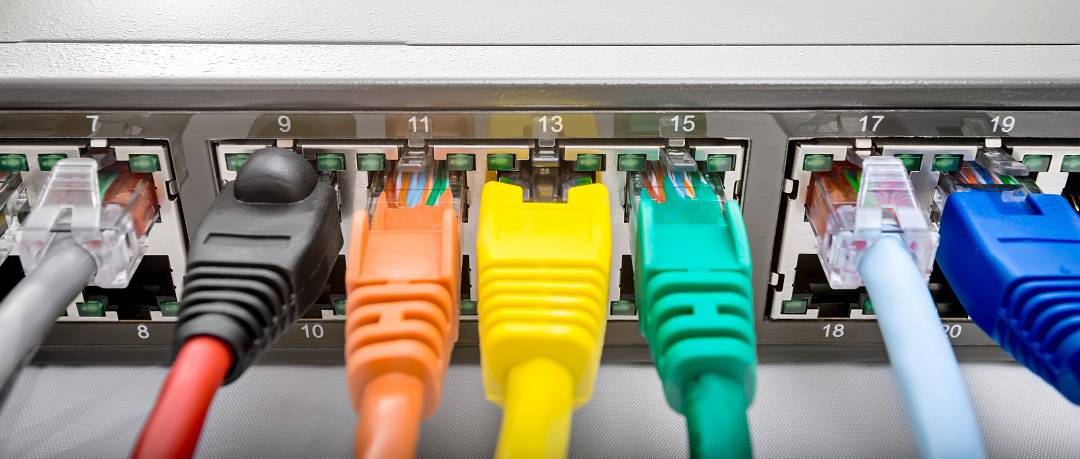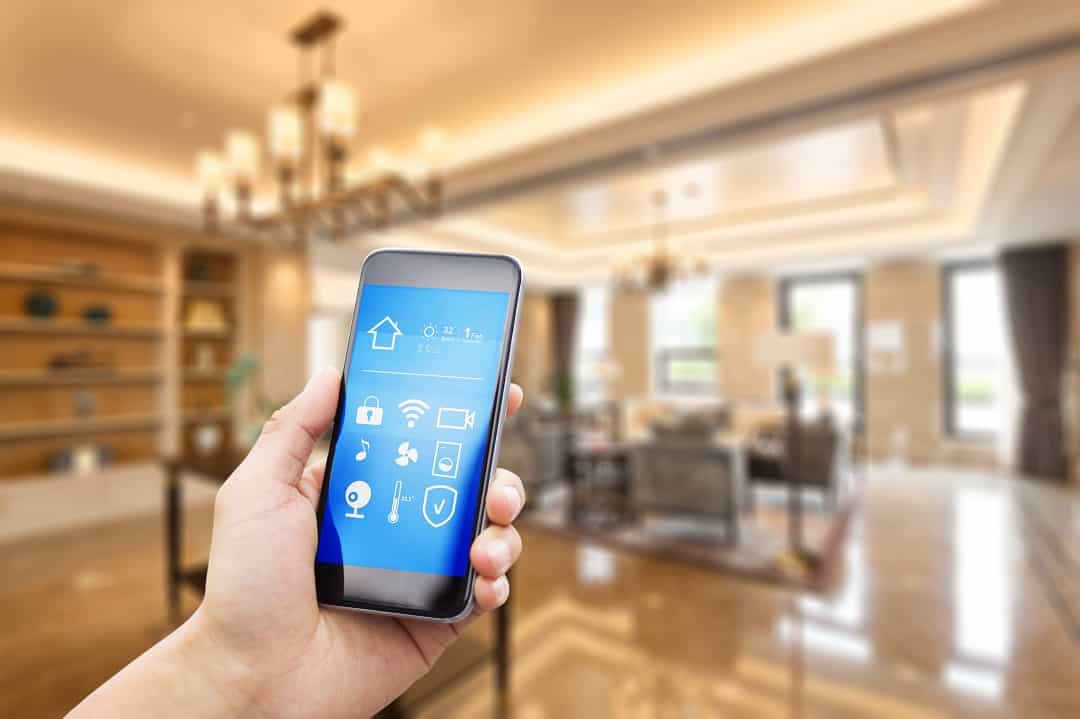Smart home devices are becoming more common, bringing convenience and connectivity to many households. With smart homes come certain concerns about privacy and security. In this post, we’ll talk about whether using a VPN (virtual private network) with your smart home devices is a good idea. It will cover the benefits like enhanced privacy and the ability to access geo-blocked content. The challenges such as potential speed reductions and compatibility issues are also discussed. Additionally, it considers what you need to know before setting up a VPN, including setup complexity and costs. By the end, you’ll have a better idea of whether a VPN is something you might want for your smart home setup.
Benefits of Using a VPN for Smart Home Devices
Using a VPN with your smart home devices can provide enhanced privacy and security. A VPN encrypts your internet connection, making it more difficult for anyone to access your data without permission. This is especially helpful for protecting sensitive information that your smart home devices might handle. By routing your internet traffic through a protected server, a VPN can help keep your activities and data secure from potential threats. Just keep in mind that only the traffic in the VPN itself would be connected. So when the data is going from the end of the VPN service to a third party service, the connection would not be encrypted.
Another benefit of using a VPN is the ability to geo-unblock content for your smart devices. Some smart home devices or services might have restrictions based on your location. This is frequently seen with streaming media services, where certain shows aren’t available in specific locations. A VPN can help bypass these restrictions by letting your devices appear as if they are accessing the internet from a different region. This can be useful for accessing features or services that are not available in your area. Overall, a VPN can enhance the functionality and security of your smart home setup.
Challenges of Using a VPN for Smart Home Devices
Using a VPN with smart home devices can present a few challenges. One such challenge is the reduction in internet speed. When a VPN is used, data is encrypted and routed through a remote server. This process can slow down the connection speed. For smart home devices that require a constant and fast internet connection, this slowdown could impact performance. You may see buffering when watching streaming media, or when listening to music from remote servers. Even responses from smart home assistants can be slowed down, since these often depend on streaming your audio to a remote server for processing. Tasks that rely on quick response times may become sluggish, which could be inconvenient for users who depend on these devices for daily routines.
Another challenge is compatibility issues. Not all smart home devices work seamlessly with VPNs. Some devices may not support VPN connections at all. This could limit the functionality or accessibility of certain devices if a VPN is required for security or privacy reasons. Users might need to research their specific devices to ensure that they are compatible with the VPN service they want to use. In some cases, additional configuration or technical support may be necessary to get everything working together smoothly.
Considerations Before Setting Up a VPN
Setting up a VPN for your smart home devices can be a bit complex. It often requires some technical know-how to configure the VPN correctly on your router. The process might involve updating firmware, changing network settings, and ensuring compatibility with your smart devices. Once set up, maintaining the VPN can also demand attention. You may need to troubleshoot connectivity issues or update software occasionally to keep everything running smoothly.
Another aspect to think about is the cost involved. While there are free VPN services, they might not provide the level of security or performance you need. We really don’t recommend free VPN services here, paid VPN services are definitely the way to go if you decide to get a home VPN. Paid VPN services tend to offer better security features and faster speeds. The subscription fees can vary, so you’ll want to factor in this recurring expense as part of your decision-making process when considering a VPN for your smart home.
In Summary
Deciding whether to use a VPN with your smart home devices involves weighing the benefits and challenges. Enhanced privacy and the ability to access geo-blocked content are attractive advantages, but potential speed reductions and compatibility issues may make having a VPN not feasible. Additionally, setting up and maintaining a VPN can require technical knowledge and come with costs to consider. Overall, having a VPN for your smart home may be more effort than it’s worth. By evaluating these factors, you can determine if a VPN is a suitable addition to your smart home environment.




